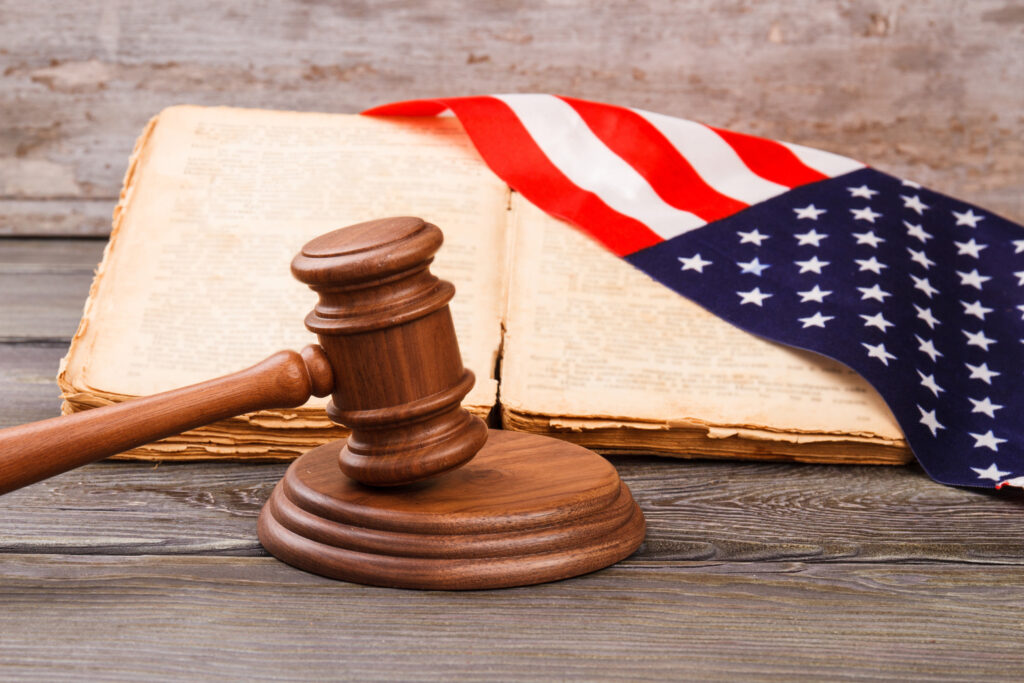Last year, the Court of Appeals for the Armed Forces [CAAF] agreed to consider the case of United States v. Mendoza. We discussed the case here. Mendoza was a sexual assault case involving a Soldier who woke up the morning after becoming extremely intoxicated and did not recall most of what had happened the night before. Eventually, she learned that there had been sexual activity between she and SSG Mendoza.
Article 120, UCMJ, contains several different theories of liability for sexual assault. These include paragraph (b)(3)(A) and paragraph (b)(2)(A). Paragraph (b)(3)(A) criminalizes committing a sexual act upon another person when that other person is not capable of consenting due to intoxication. Paragraph (b)(2)(A) criminalizes committing a sexual act upon another person without the consent of the other person.
Despite the fact that the victim in Mendoza was extremely intoxicated and had no memory of the assault, the Government charged SSG Mendoza under paragraph (b)(2)(A), a sexual act upon a person without their consent. At trial, the Government introduced lots of evidence of the victim’s intoxication. The Government argued that she was not able to consent due to her intoxication. SSG Mendoza was convicted and on appeal argued that the Government had violated his due process rights when it charged him with one crime (sexual act without consent) but tried and convicted him of another (sexual act upon person not capable of consenting due to intoxication). The Army Court of Criminal Appeals affirmed the conviction and SSG Mendoza then petitioned the CAAF to review his case.
The CAAF decided to apply a rule of statutory interpretation called “surplusage.” Basically, this rule says that a statute should be read in a way that makes each portion mean something. No words should be ignored or given an interpretation that would make it duplicative with another portion of the statute. Although the Government argued that the two paragraphs provided overlapping theories of liability, the CAAF determined that the Government’s reading would make paragraph (b)(3)(A) meaningless and duplicative with paragraph (b)(2)(A). Instead, the CAAF interprets paragraph (b)(2)(A) to criminalize a sexual act upon another person who is capable of consenting without the consent of that person.
Because the Army Court of Criminal Appeals conducted its review of the case without this clarification, the CAAF sent the case back to the Army Court for another review. If you have been convicted of an offense under Article 120, UCMJ, and want to know whether this new decision affects your appeal, call Bill Cassara at (706) 445-2943 for a free consultation.


The article on the recent decision by the highest military court regarding sexual assault prosecutions is highly insightful. It provides a thorough analysis of a critical ruling that impacts the handling of sexual assault cases within the military. The clear, comprehensive breakdown makes it accessible to readers, and it highlights important procedural changes. This piece is both informative and vital for understanding how the military justice system is evolving on such sensitive issues. Great work on covering this significant topic with depth and clarity!